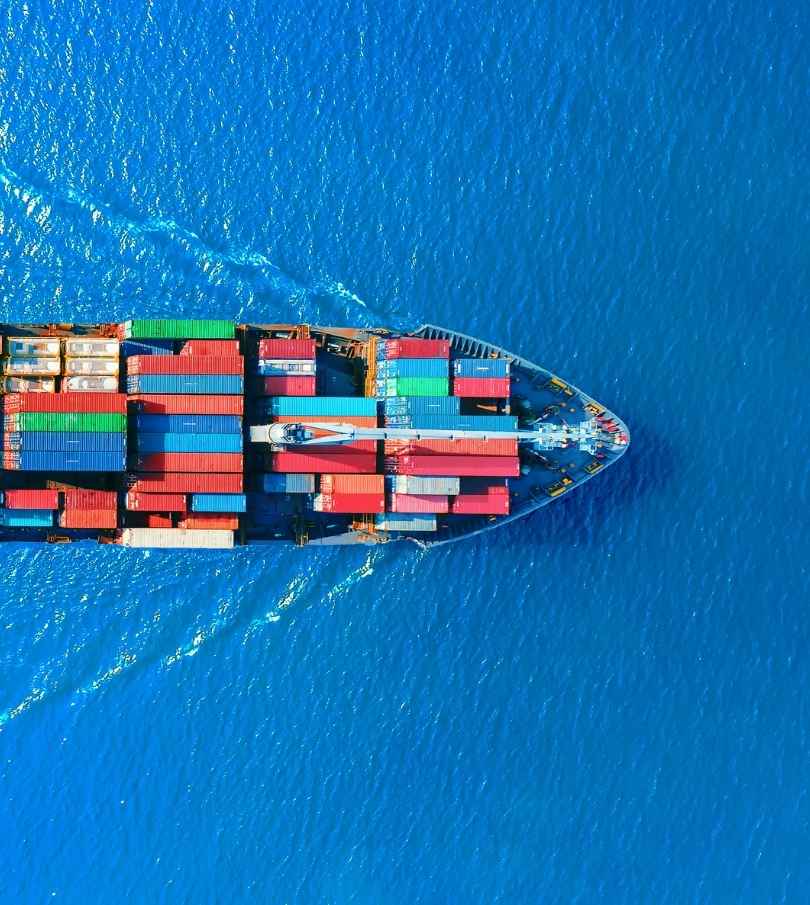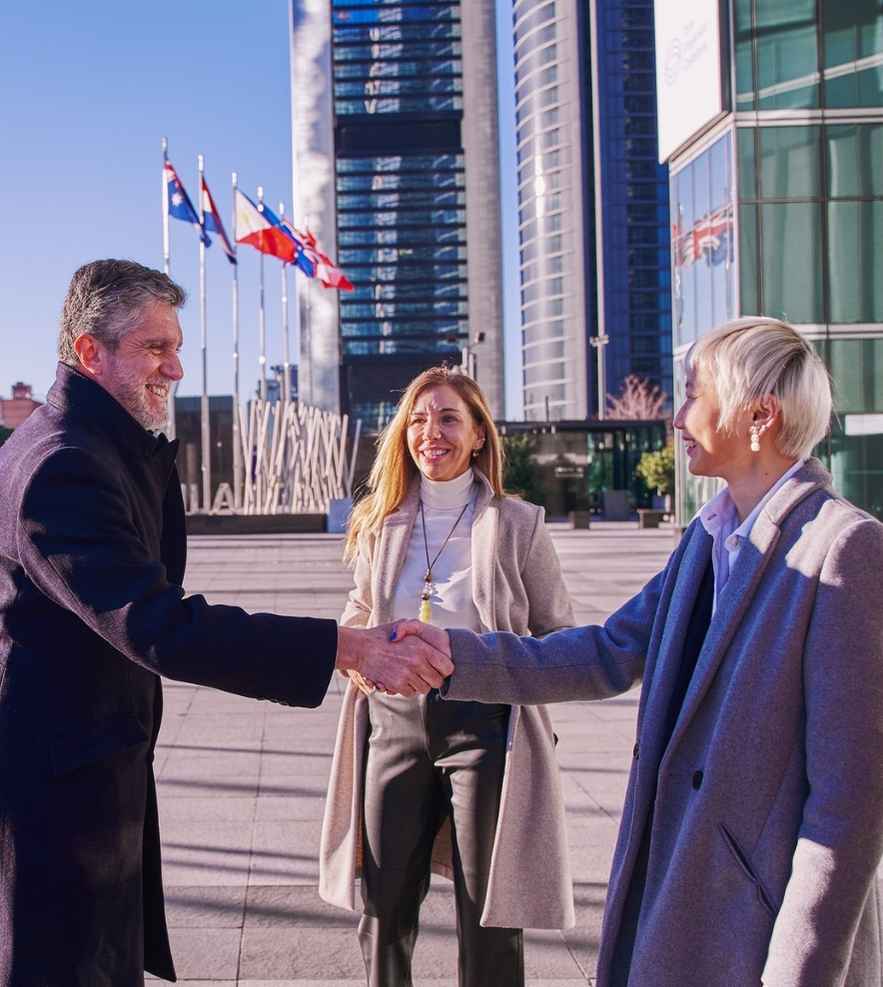
Background
The CJEU has ruled on this topic on several occasions. This shows that the VAT treatment of EU chain transactions is far from being straightforward.
The transactions in question took place before the new rules on chain transactions became into force with the implementation of so-called ‘quick fixes’ introduced by EU Directive 2018/1910. However, principles what the CJEU has introduced in its decision, are also applicable under the current EU VAT rules.
Facts
B (established and VAT registered in the Netherlands and also registered for VAT in Poland) acted as an intermediary in a chain of transactions. B purchased the goods from BOP (established in Poland) and shipped them directly from Poland to its final customers located in other Member States (MSs). B communicated to BOP its Polish VAT number and BOP treated those supplies as domestic supplies in Poland subject to VAT at 23%. B treated the supplies it made to its clients as intra-Community supplies and therefore exempt. B’s customers reported the VAT applicable on the intra-Community acquisitions in the MSs of destination of the goods.
The Polish tax authorities found three years later that transport should have been attributed to the first sale in the chain transaction. Consequently, the first sale instead of the second sale was re-classified to be an intra-Community supply. However, the tax authorities took the position that that the supply could not be exempted and BOP was obliged to charge 23% VAT on the re-classified intra-Community supply because B had communicated the Polish VAT number to BOP. Consequently, B had to pay Polish VAT at 23% invoiced to it by BOP. Moreover, B’s right to deduct the corresponding input VAT was refused by the tax authorities. This meant that 23% VAT charged on the sale was not deductible.
Moreover, since B communicated its Polish VAT number to BOP, Polish VAT was also payable on a so-called ‘number acquisition’. The number acquisition takes place under the rules of Article 41 of the VAT Directive (VD) which provides that if the buyer in an intra-community transaction communicates to the seller a VAT number of another Member State (MS) than the MS of arrival of the goods, then the VAT becomes payable in the MS where this VAT number is issued, unless the EU triangulation applies or if the buyer can prove that the acquisition VAT was paid in the MS of the arrival of goods.
The Polish VAT that became payable on the number acquisition was not deductible because the Polish tax authorities argued that the acquisition VAT was not paid on this supply in the MS of destination. This resulted in B being charged 46% Polish VAT in total.
B argued that the VAT was incorrectly applied on the number acquisition because the domestic VAT number of the MS of departure of goods was used when acquiring the goods. In addition, it argued that the supplies had been taxed in the MS where the transport ended (by final customers) and therefore the VAT on the number acquisition in Poland was applied incorrectly.
Non-deductible VAT due on an intra-Community supply
In its decision, the CJEU indirectly confirmed that the non-deductible VAT becomes due if a supplier does not meet the conditions for an exemption in the case of a (re-classified) intra-Community supply. For example, the CJEU mentions in para. 49 of the decision that “despite the reclassification by the tax authority of the first supply of the chain of successive transactions at issue as an intra-Community transaction, the vendor, namely BOP, remains required to invoice VAT at the normal rate whereas the purchaser, namely B., cannot deduct input VAT.”
A number acquisition even if the VAT number of MS of departure is used
The CJEU states that the applicability of Article 41 of the VD (a so-called ‘number acquisition’) is not precluded because B made the acquisition with the VAT number of the MS of departure of the goods. Consequently, the VAT could apply on a number acquisition even where a domestic VAT number is provided.
The facts of the present case do not reflect a typical scenario that one would have in mind when discussing number acquisition stipulated in Article 41 of the VD, because this scenario involves two MSs but a typical scenario would involve three MSs. However, the number acquisition is still applicable.
A number acquisition even if the final customer accounts for VAT
According to the CJEU, the fact that B’s customers had accounted for acquisition VAT cannot be relied upon by B to correct the applicability of the ‘number acquisition’. The CJEU stated that B’s customers paid VAT on the second supply in the chain not on the first supply. In order to make a correction, the VAT should be applied in the MS of destination by the same person who made the number acquisition. Consequently, the fact that B's customers applied VAT on the purchases of goods which were erroneously classified as intra-Community acquisitions in the MSs of arrival of the goods has no influence of the applicability of VAT on the number acquisition and on the possible correction of it under Article 41 of the VD.
Double taxation is not allowed
The CJEU decided that the number acquisition, however, is not applicable if a re-classified intra-Community supply is not subject to exemption. The CJEU stated that the provisions on the number acquisition (Article 41 of the VD) should ensure that intra-Community supplies are subject to VAT once, and only once. If the tax authorities had denied to exempt BOP’s intra-Community supply, then there was no risk of non-taxation. Consequently, it would infringe the principles of proportionality and fiscal neutrality if B also should pay VAT on the number acquisition.
Conclusions and practical implications
The CJEU provides important guidance how the VAT on chain transactions applies. Although the VAT rules on the chain transactions have changed in the meantime, those principles remain relevant for the practice.
The non-deductible domestic VAT on an intra-Community supply could become due if conditions of the exemptions are not met, e.g. if a VAT number of a MS other than that of the MS of departure is not provided.
The VAT on a number acquisition could become applicable even if the goods are acquired under the VAT number of the departure. If the chain transactions are wrongly classified, the number acquisition cannot be corrected if the final customer applies VAT on the acquisition that actually should have been a domestic purchase in the MS of arrival had the VAT rules been applied correctly.
However, on the positive side, if the tax authorities find that the transport has been allocated to a wrong supply and consequently re-classify a domestic sale as an intra-Community supply which however cannot be exempted and is subject to non-deductible VAT, then this transaction cannot be subject to the double taxation (i.e. the non-deductible VAT on the number acquisition is not applicable in such case).
The businesses should ensure that they treat the intra-EU (chain) transactions correctly in order to avoid paying high amounts of non-deductible VAT when the VAT should actually not been charged at all or should have been fully deductible if the VAT rules had been applied correctly and the transport had been allocated to a right supply.
For more detailed information about the matters discussed above, please contact us.











